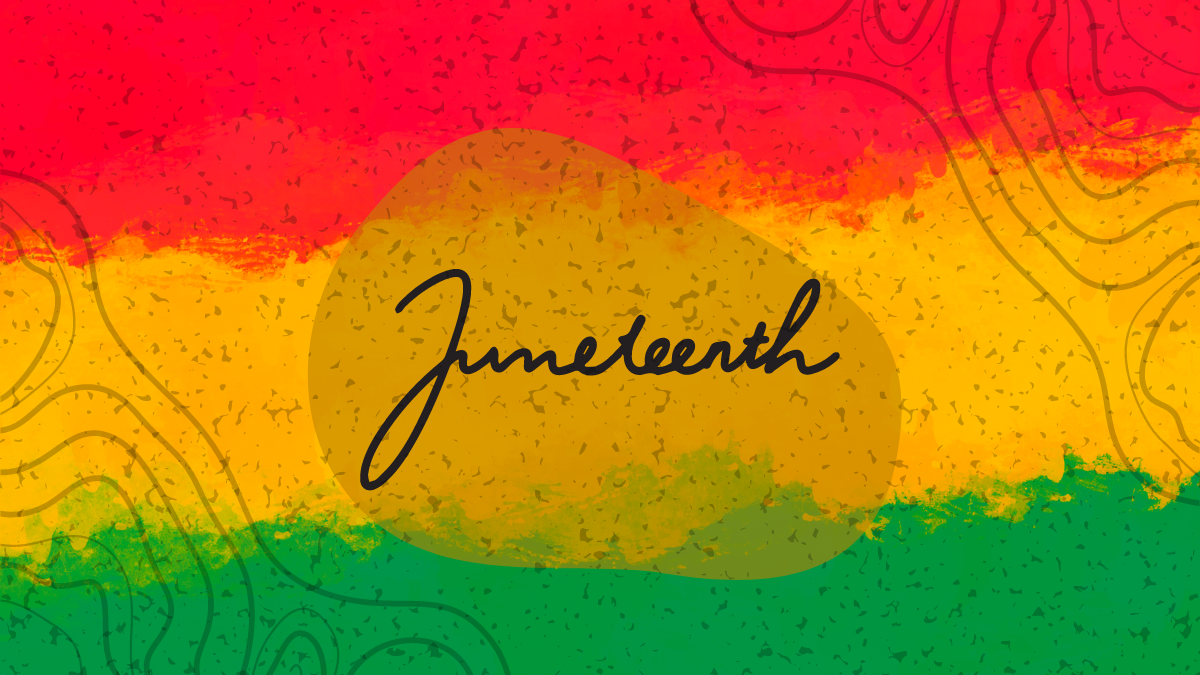Source: Editorial Board
During the third weekend of June, many North Carolina municipalities celebrated Juneteenth for the first time. Alongside the multitude of events commemorating this federal holiday, many North Carolinians are having a difficult time with being free in our state.
Juneteenth is an annual emancipation holiday that commemorates the freedom of all enslaved African Americans from the former Confederacy on June 19, 1865. The name Juneteenth is a combination of the words “June” and “nineteenth.” About two years ago, Juneteenth became a federal holiday and is also recognized by many of our local municipalities in North Carolina as a paid holiday.
This year the towns of Clinton and Edenton, and the county of Camden, celebrated Juneteenth for the first time.
During Edenton’s Juneteenth, about 500 locals gathered at the town’s waterfront to celebrate this momentous occasion. Mixed in the Juneteenth crowd were also activists that were there to protest a Confederate war memorial (that was right near the event) and carried a banner apologizing for its presence there.
Edenton’s Juneteenth is a perfect example of what Juneteenth stands for. This is not just a holiday for African Americans. But a holiday for us all to celebrate freedom, equality, and solidarity in the United States, while we also recognize the ongoing challenges that threaten and prevent many of us from being free.
This year North Carolina’s Republican supermajority has been wreaking havoc in our state by stripping our freedoms one by one. With the passage of House Bill 187 in March, teachers are being told that they should not make anyone “feel discomfort, guilt, anguish, or any other form of psychological distress” based on their race or sex.
Also, there is similar legislation the GOP is pushing that will prevent private contractors or diversity trainers from leading workshops at state government workplaces that may make employees believe that they should feel guilty or responsible for past actions committed by people of the same race or sex.
How can our teachers and diversity trainers teach us about Juneteenth and holidays like it if they are not allowed to agitate us?
One of the ways we learn is by leaning into discomfort. If we are not made to be uncomfortable, how are we made aware of the mistreatments of those around us?
Without agitation, how are we compelled to act to make change?
With bills like those mentioned above, along with the passing of strict restrictions to abortions, and attacks on trans* youth and gender-affirming care, it’s difficult for many of us to be free in the state of North Carolina.
In the famous words of Emma Lazarus, until we are all free…none of us are free.
We have to band together and fight for our freedoms. The freedom to learn. The freedom to decide, if, how, and when to grow our families. And the freedom to healthcare that will affirm our identities and bodies.
As we prepare for the July 4th holiday, take time to think about what freedom means to you, and your community.
How will you show up for your community members whose freedoms are being stripped away daily by the North Carolina legislature?





